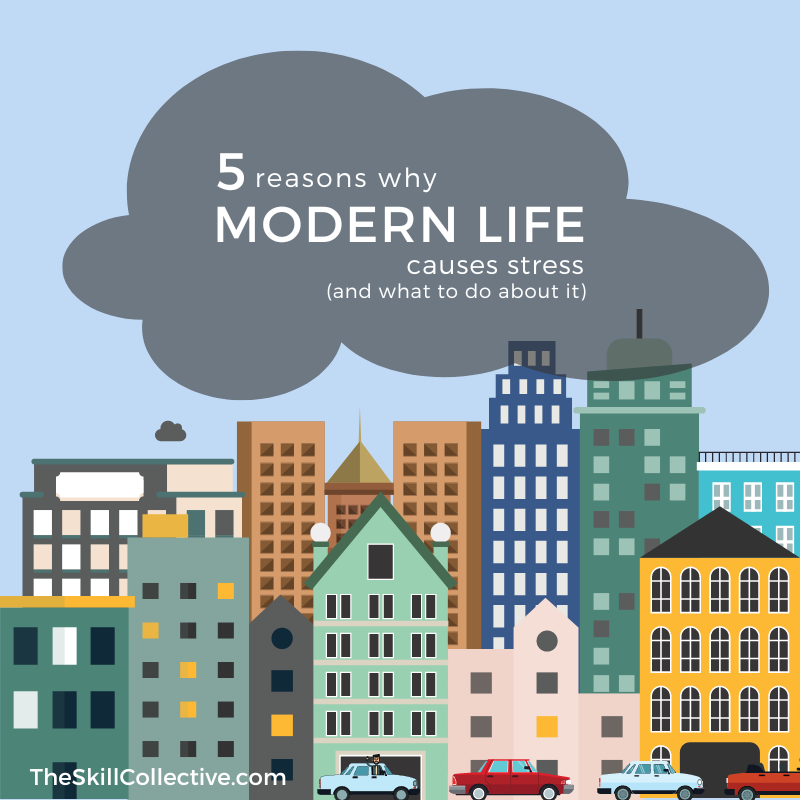5 reasons why modern life causes stress (and what to do about it)
(Updated July 2023) Experiencing stress and burnout? The stressors of modern day and lifestyle challenges may be making things worse. Here’s what to do about it.
A primer on perfectionism
Here’s a quick guide on what you need to know about perfectionism.


